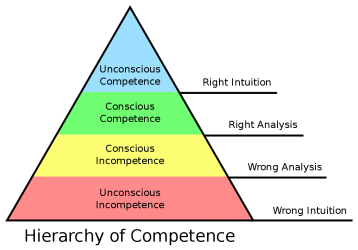Martial Arts shouldn't take years to learn. I'm from the government and I'm here to help. The check is in the mail. It's only a cold sore. Don't go swimming after you eat. The world is full of wise young men.
Just call me Aesop. Or A-hole, that will work, too.
Just call me Aesop. Or A-hole, that will work, too.

